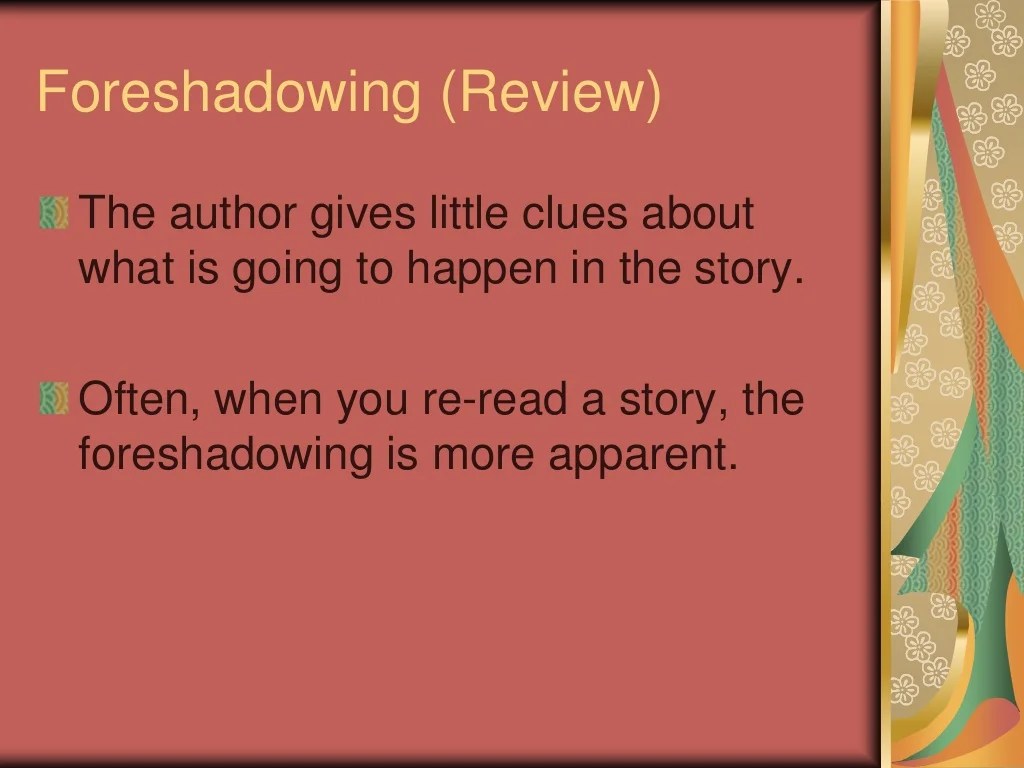Literary devices in the gift of the magi – As “Literary Devices in ‘The Gift of the Magi'” takes center stage, this opening passage beckons readers into a world crafted with meticulous attention to detail, ensuring a reading experience that is both absorbing and distinctly original.
Throughout the story, O. Henry masterfully employs a range of literary devices to enhance the narrative, create depth, and evoke a profound emotional response from readers. These devices, including symbolism, foreshadowing, irony, characterization, and theme, work in harmony to elevate the story beyond a mere tale of sacrifice and love.
Symbolism: Literary Devices In The Gift Of The Magi
The Magi’s gifts to the infant Jesus hold profound symbolic meanings, representing different aspects of his life and ministry:
Gold
- Represents Jesus’s royalty and divinity as the “King of Kings”
- Symbolizes the wealth and power that would be his as the Messiah
Frankincense
- Represents Jesus’s priestly role as the “High Priest of God”
- Symbolizes the prayers and intercessions he would offer on behalf of humanity
Myrrh
- Represents Jesus’s humanity and mortality
- Symbolizes the suffering and death he would endure as the “Lamb of God”
Together, these gifts foreshadow Jesus’s multifaceted role as king, priest, and savior.
Foreshadowing

The story contains several instances of foreshadowing that hint at the significance of Jesus’s birth:
The angel’s announcement to Mary
- Foretells that her son will be “great” and “the Son of the Most High”
- Implies his future role as the Messiah and Savior
The shepherds’ visit to the manger
- Signifies the humble beginnings of Jesus’s life
- Foreshadows his future ministry among the poor and marginalized
The Magi’s journey to Bethlehem
- Symbolizes the universal appeal of Jesus’s message
- Foreshadows his future mission to spread the gospel to all nations
These foreshadowing elements enhance the reader’s understanding of Jesus’s identity and purpose.
Irony
The story’s title, “The Gift of the Magi,” is ironic in several ways:
The Magi’s gifts are not for Jesus
- The Magi intend their gifts for the newborn king, but Jesus is already the Son of God
- This irony highlights the disparity between human expectations and divine reality
The Magi’s sacrifices
- The Magi travel a long distance and give up their valuable possessions
- Yet, Jesus, the true gift, is already present and does not need their offerings
- This irony emphasizes the futility of human attempts to earn God’s favor
The irony in the title invites readers to reflect on the true nature of gift-giving and the relationship between humanity and the divine.
Characterization
The main characters in the story are:
The Magi
- Wise men from the East who seek the newborn king
- Represent the Gentile nations who will come to believe in Jesus
Mary and Joseph
- Jesus’s parents
- Represent the humble beginnings of Jesus’s life
The shepherds
- Poor and marginalized people who are the first to visit Jesus
- Represent the humble and outcast who will find salvation in Jesus
These characters’ motivations and actions contribute to the story’s central theme of the universal appeal of Jesus’s message.
Theme
The main themes of the story are:
The universality of Jesus’s message
- The Magi’s journey represents the spread of the gospel to all nations
- Jesus’s birth is a gift to all humanity, regardless of their background or status
The importance of faith
- The Magi’s belief in the newborn king leads them to undertake a long and arduous journey
- Faith is essential for receiving the gift of salvation that Jesus offers
The power of sacrifice, Literary devices in the gift of the magi
- The Magi’s willingness to give up their valuable possessions shows the true meaning of gift-giving
- Sacrifice is necessary for following Jesus and sharing his message
These themes resonate with readers of all backgrounds and help to convey the timeless message of the story.
Key Questions Answered
What is the significance of the Magi’s gifts in the story?
The gifts of gold, frankincense, and myrrh symbolize the divine nature of Jesus and foreshadow his role as a king, priest, and savior.
How does foreshadowing contribute to the plot of the story?
Foreshadowing elements, such as the mention of the Magi’s journey and the star in the East, create a sense of anticipation and build tension, leading the reader to expect a significant event.
What is the effect of irony in the story’s title?
The title “The Gift of the Magi” creates a sense of irony by suggesting a lavish exchange of gifts, while the story actually portrays a humble and selfless act of sacrifice.
